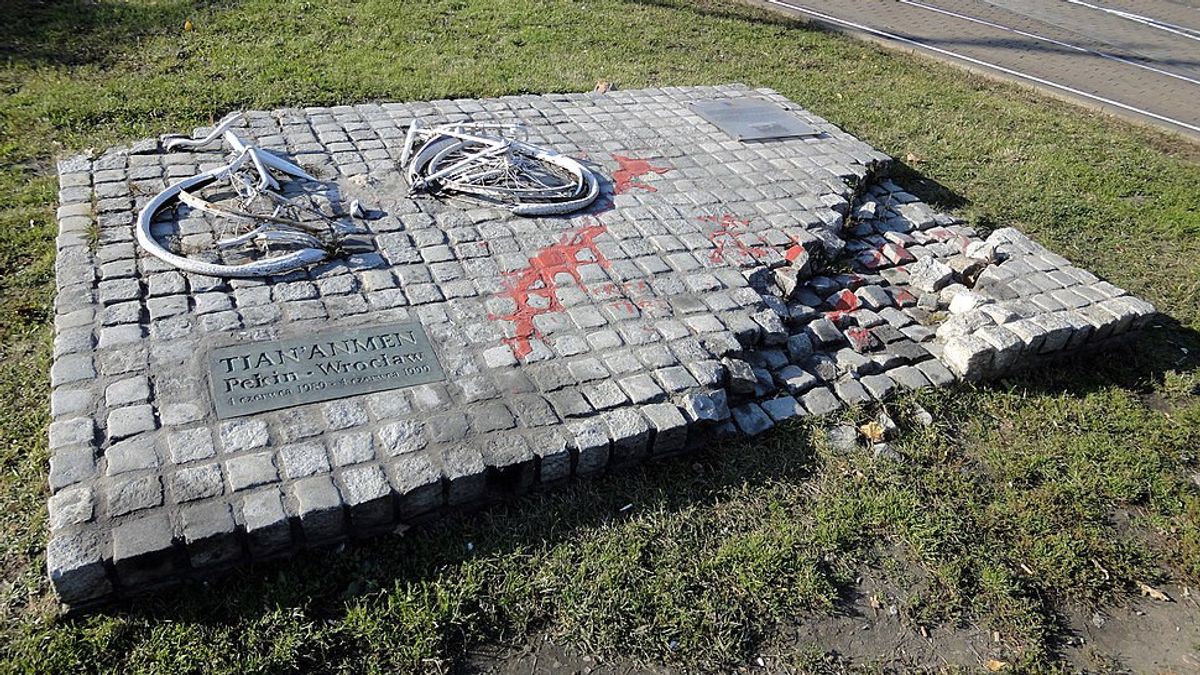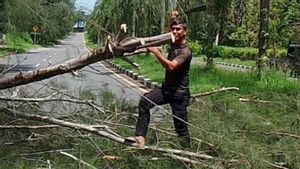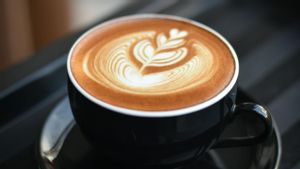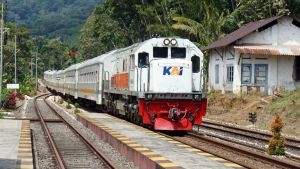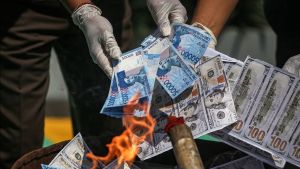JAKARTA - Hong Kong pro-democracy activists appear in court to hear allegations of participating in an illegal gathering on June 4. The meeting was intended to commemorate the persecution of protesters in and around Beijing's Tiananmen Square in 1989.
The meeting was banned for the first time in Hong Kong, Wednesday, September 16. The police cited restrictions on activities to suppress the spread of COVID-19 as the reason for not being granted permission for the meeting.
However, tens of thousands of people lit candles across the city in what was largely a peaceful event. However there were brief clashes with riot police in one neighborhood.
"We insist that condemning the Tiananmen massacre is not a crime," said Lee Cheuk-yan, who organizes the annual event in Hong Kong and is among those facing charges, before entering the court.
The 26 activists who face charges, including Joshua Wong; media tycoons, Jimmy Lai, and Nathan Law, who left Hong Kong after China enacted the National Security Act. He left Hong Kong in June.
Another activist, Sunny Cheung, who plans to run in Hong Kong's postponed legislative elections, was also absent from the trial. Cheung has been the subject of speculation that he may also have fled Hong Kong. Prosecutors said he had not been in Hong Kong since August 14, according to immigration authorities.
The June 4 warning hits a particularly sensitive nerve in Hong Kong. The June 4 warning falls just as China prepares to introduce the National Security Act, which punishes anything China sees as subversion, secession, terrorism or collusion with foreign forces. The sentence can also be imprisoned for life.
Pro-democracy activists see the law as China's latest attempt to violate Hong Kong's freedoms. Meanwhile, the pro-government of China said the law would bring stability after Hong Kong experienced a year of unrest.
The June 4 anniversary is banned in mainland China, but Hong Kong traditionally holds the biggest event globally every year. This is because Hong Kong was promised certain freedoms when it returned to Chinese rule in 1997, including the right to expression and assembly.
China has never provided a full report of the 1989 violence at Tiananmen. In fact, the Tiananmen incident was so taboo that internet searches for any term related to Tiananmen, even the date of the incident, were blocked by the Chinese censorship apparatus.
"The Chinese government has done a thorough job of erasing the Fourth of June from the historical memory of most young people in China. But the older generations in China who lived at that time, and the world outside China, have not forgotten this event," said Andrew Nathan, a science professor. politics at Columbia University.
The death toll report given by the officials was around 300, most of them soldiers. But human rights groups and witnesses say thousands of people died as a result of the incident.
photo: Tiananmen Events Memorial
The English, Chinese, Japanese, Arabic, and French versions are automatically generated by the AI. So there may still be inaccuracies in translating, please always see Indonesian as our main language. (system supported by DigitalSiber.id)
